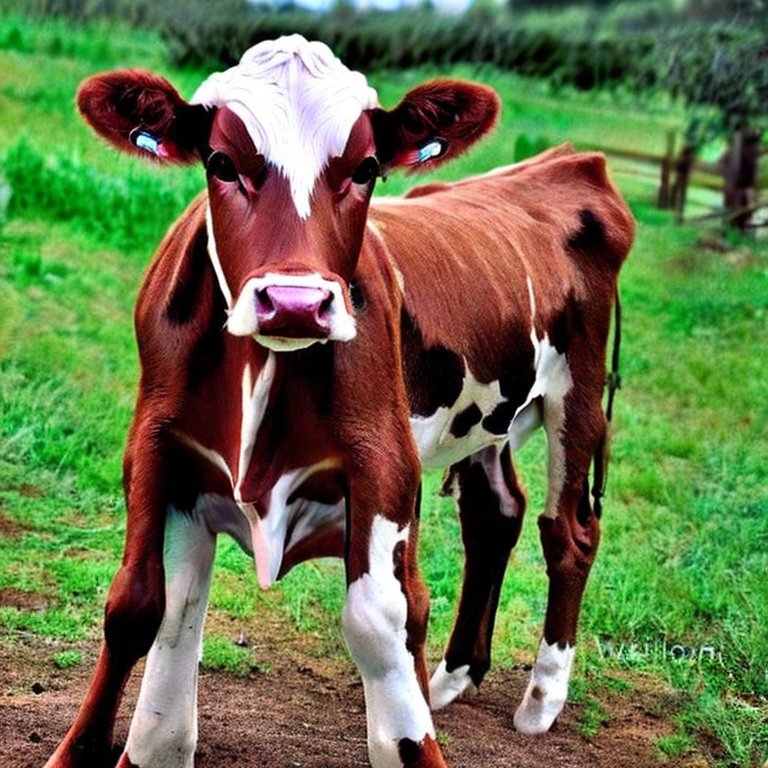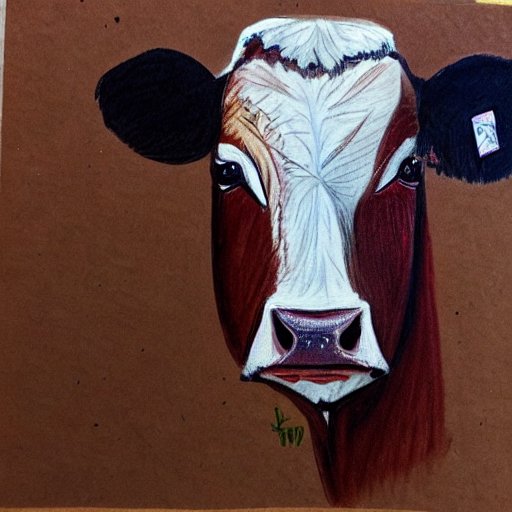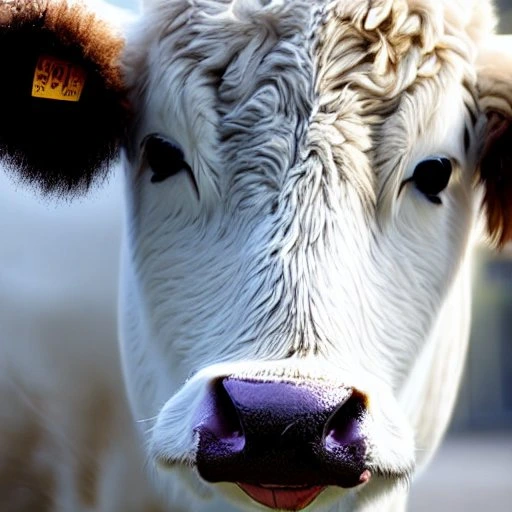Venturer
Raising a Baby Cow: A Guide to Proper Care and Nutrition
Updated at 06-02-2023 · Animals
Caring for a newborn calf is a big responsibility for any new cow owner. It is important to understand the basics of baby cow care in order to ensure their health and well-being. Proper care and nutrition can lay the foundation for a strong and healthy future for your baby cow. In this guide, we will cover the important aspects of caring for a baby calf, including feeding, housing, health, and growth.

Feeding a Newborn Calf
A baby calf's nutritional needs are different from an adult cow, and it is important to understand these needs in order to provide the best care for your baby calf. Milk replacer is the most common food source for newborn calves, and it is essential to choose a high-quality option to ensure proper nutrition. Colostrum, the first milk produced by a cow after giving birth, is also important for a baby calf's health and should be provided within the first 24 hours of life. A recommended feeding schedule for newborn calves is every 2-3 hours, gradually increasing the amount of milk as the calf grows.
Caring for a Baby Cow
Proper housing is key to ensuring a baby calf's health and well-being. A clean and dry living space is essential, as well as a comfortable bedding area to prevent injury and disease. Monitoring the health and behavior of your baby calf is also important, as it can indicate any potential issues. Regular vaccinations are also necessary to prevent common illnesses in baby cows.
Growing and Raising a Baby Cow
Exercise and play are essential for a baby calf's growth and development, and it is important to provide opportunities for physical activity. The weaning process should be gradual, starting with the introduction of solid food and gradually reducing the amount of milk over time. Monitoring the growth and development of your baby calf is important to ensure they are reaching their full potential. Keeping track of their weight and observing any changes in behavior or health can provide valuable information for your veterinarian.
Proper care and nutrition are essential for the health and well-being of a baby calf. Understanding the needs of a newborn calf, including feeding, housing, health, and growth, will help you provide the best care possible. Whether you are a seasoned cow owner or a newbie, this guide serves as a helpful resource for raising a happy and healthy baby cow. Remember, every baby calf is unique and may require different levels of care and attention, so it is always best to consult with a veterinarian to ensure the best outcome for your baby calf.
.jpg)
-1675940156.jpg)
.jpg)




